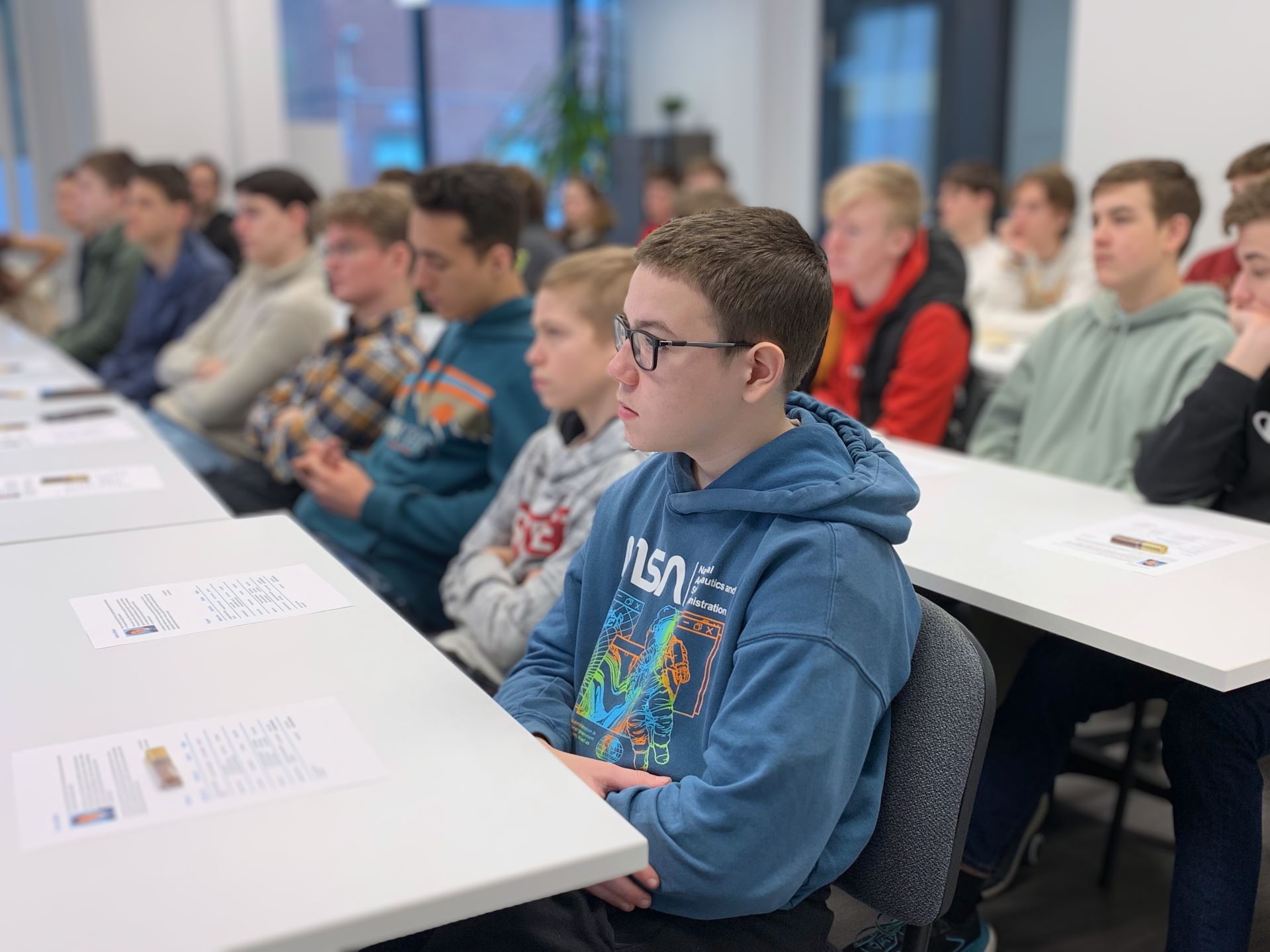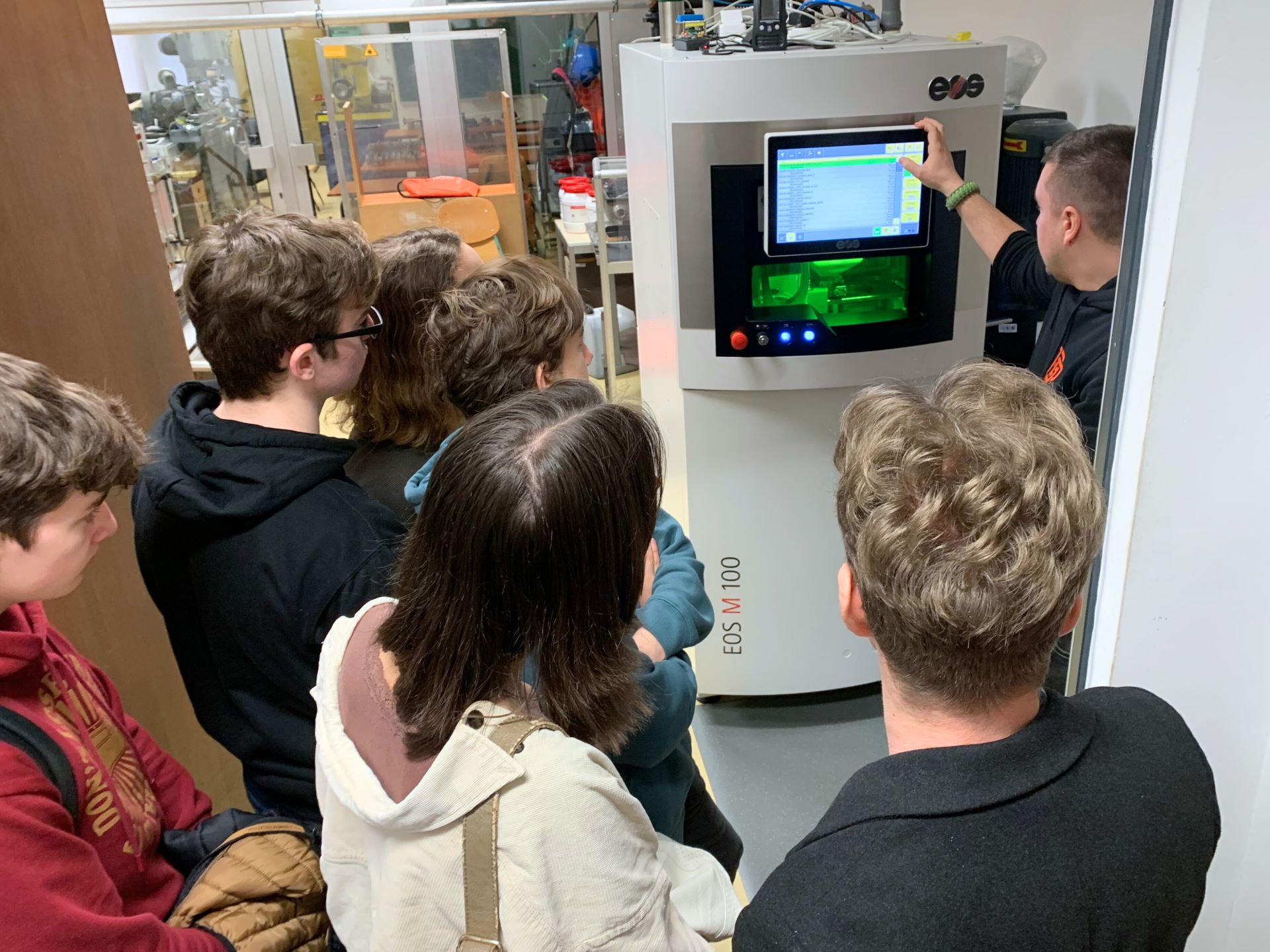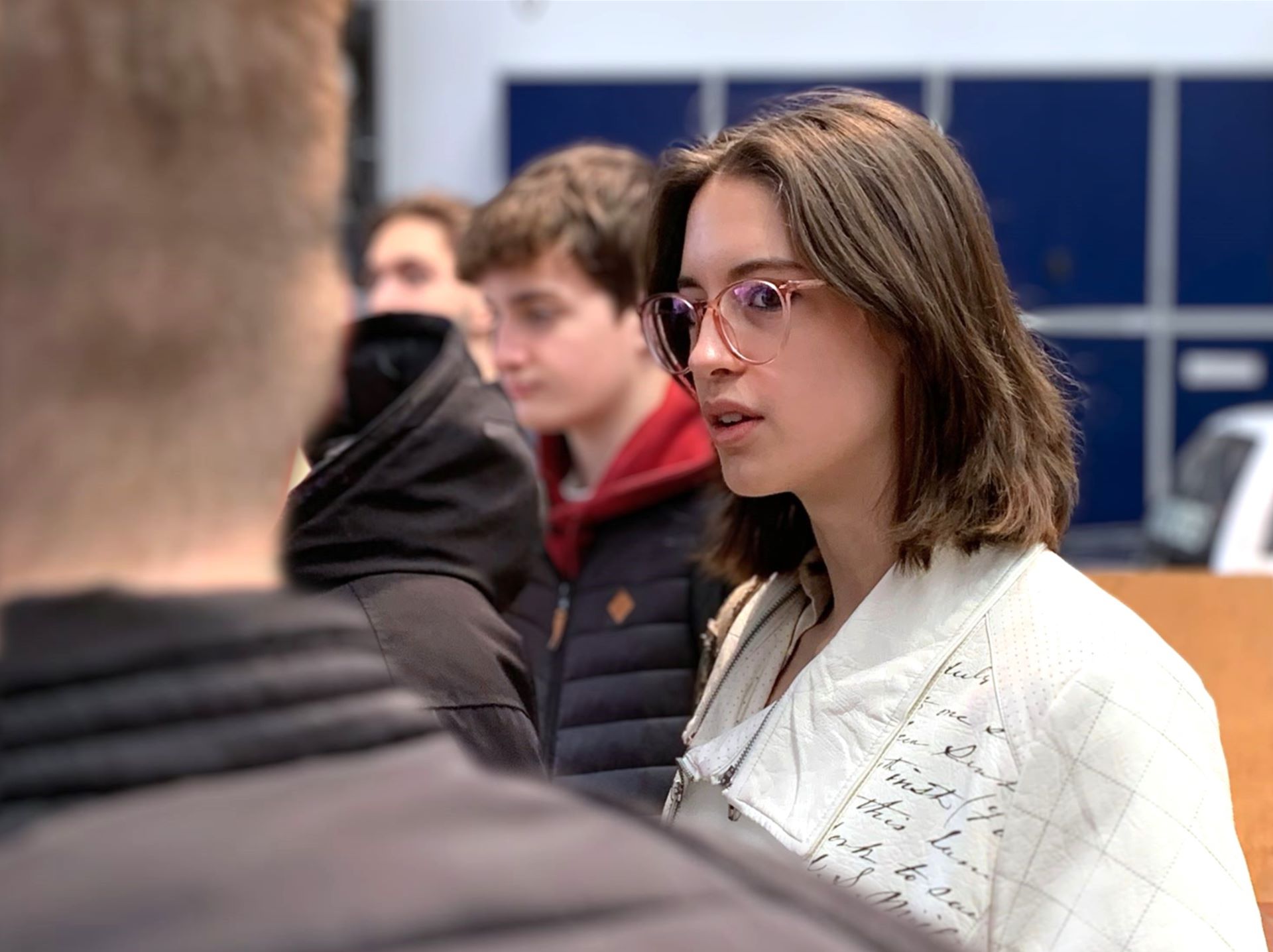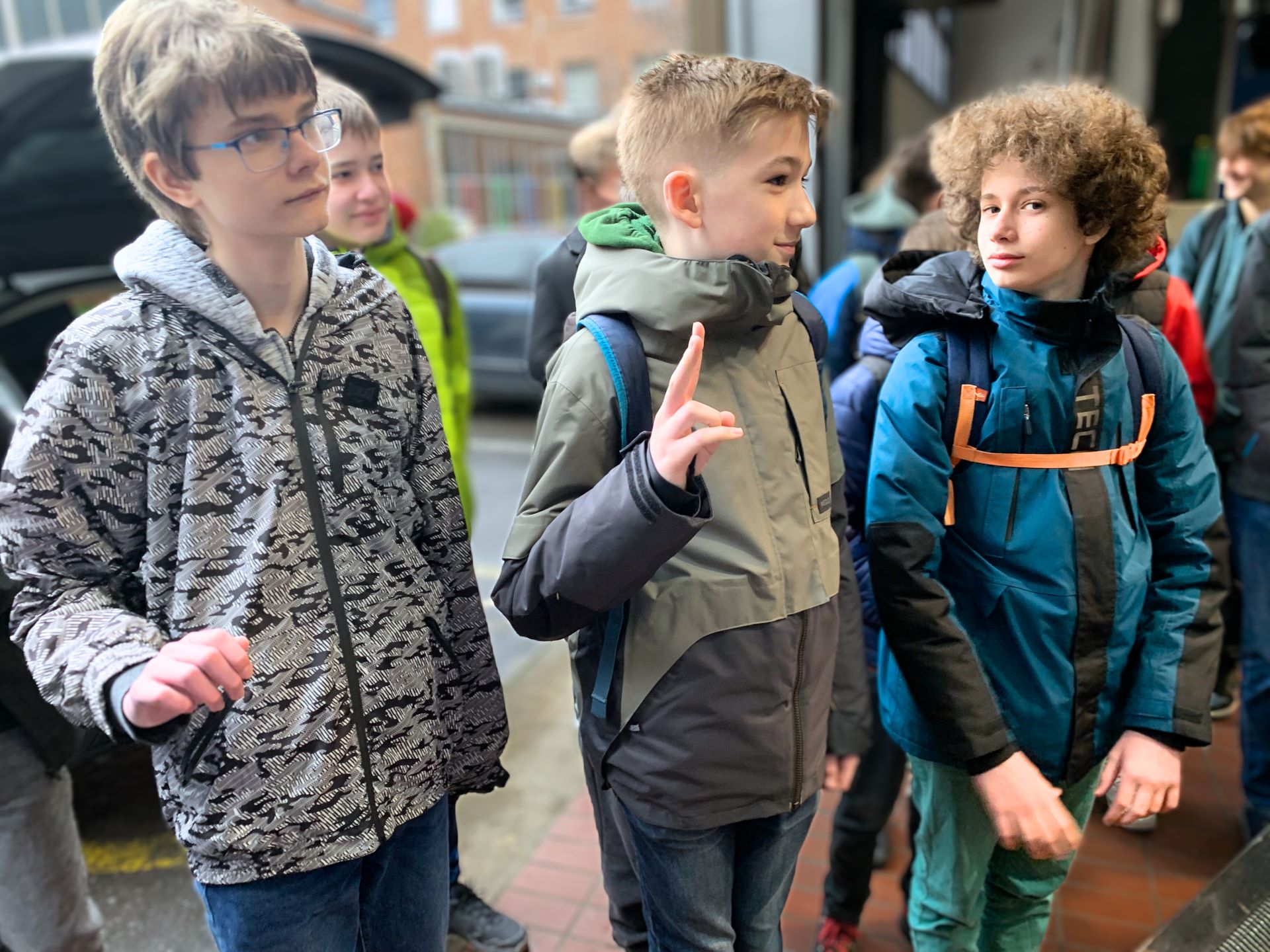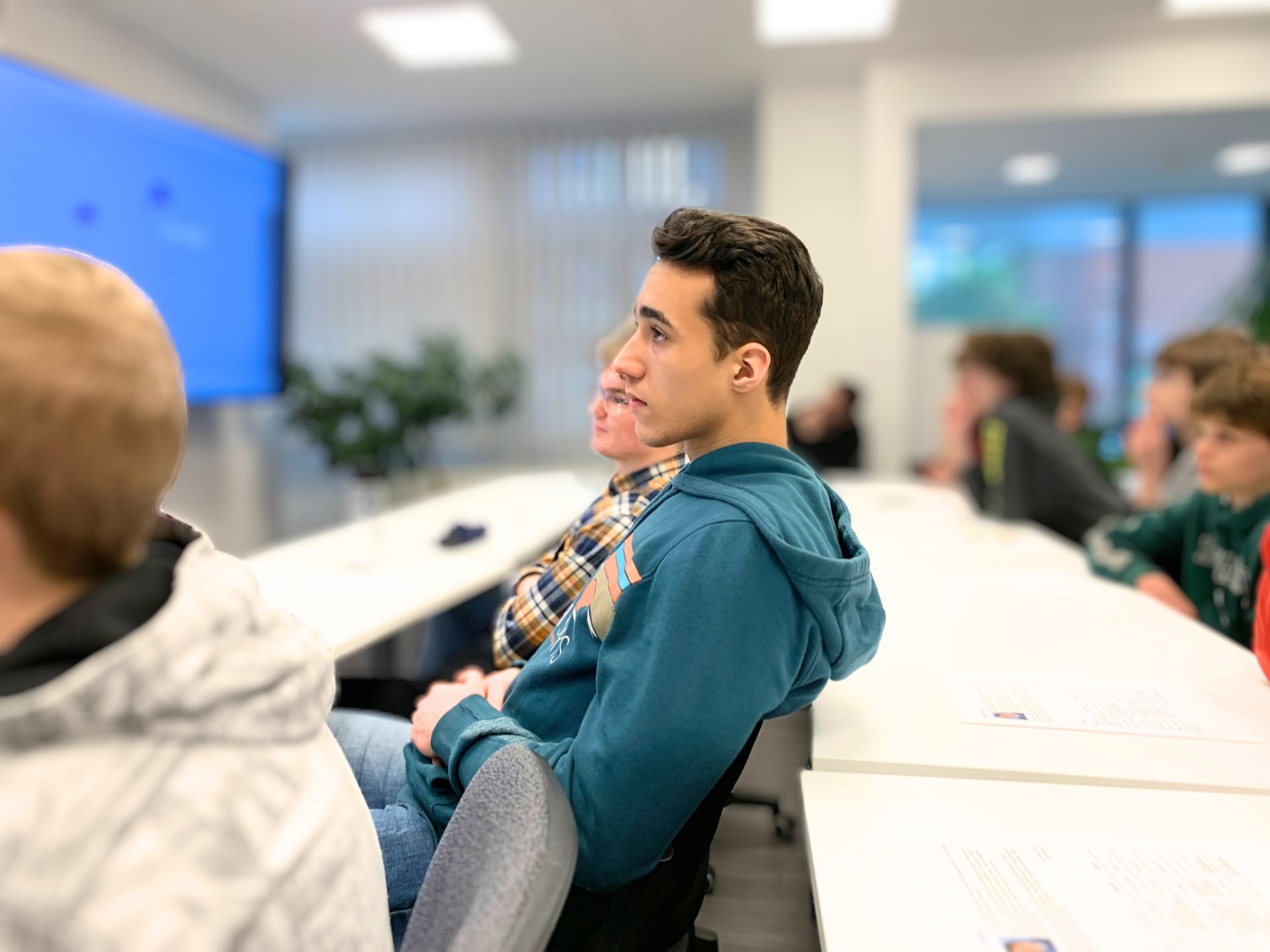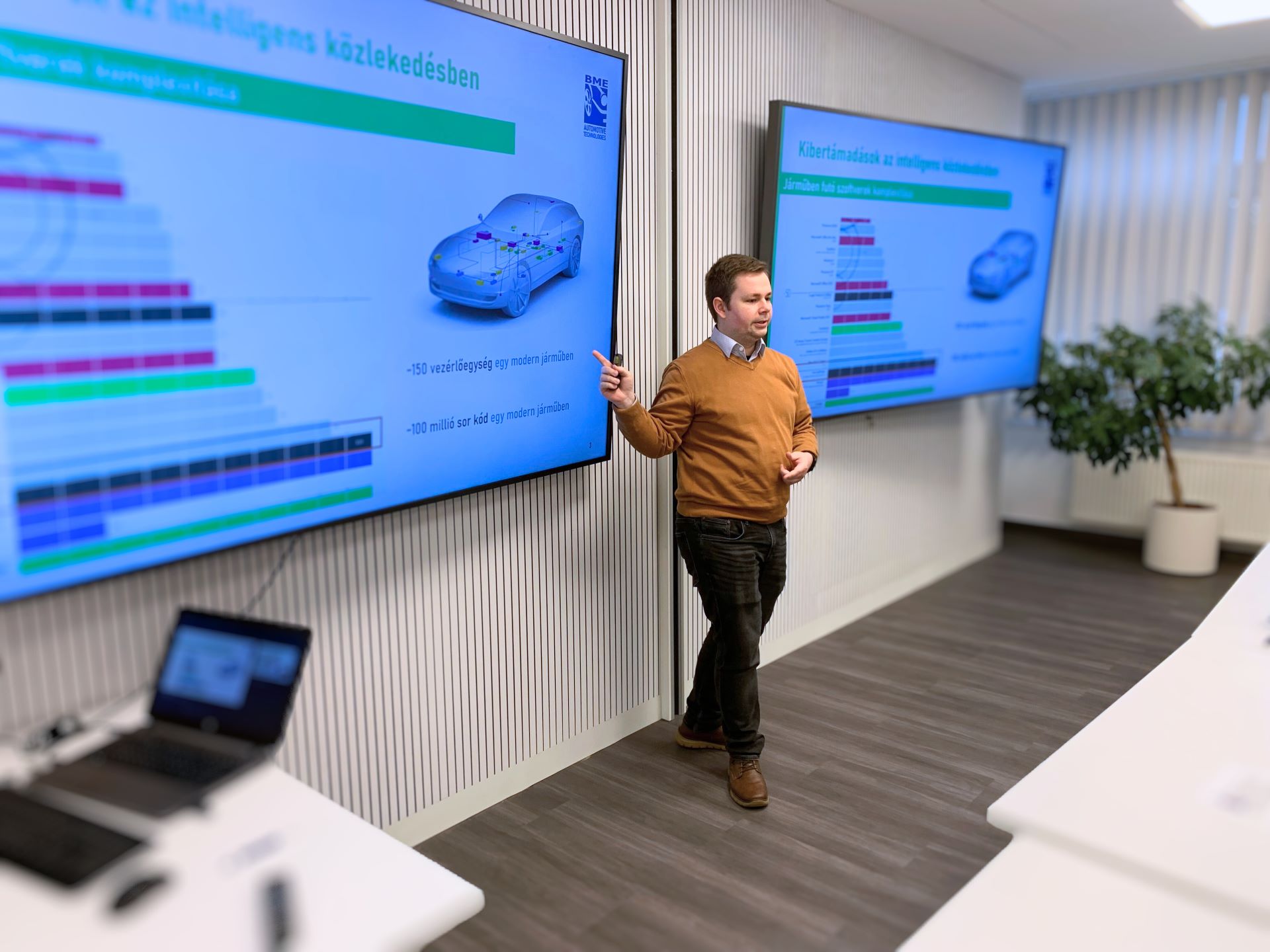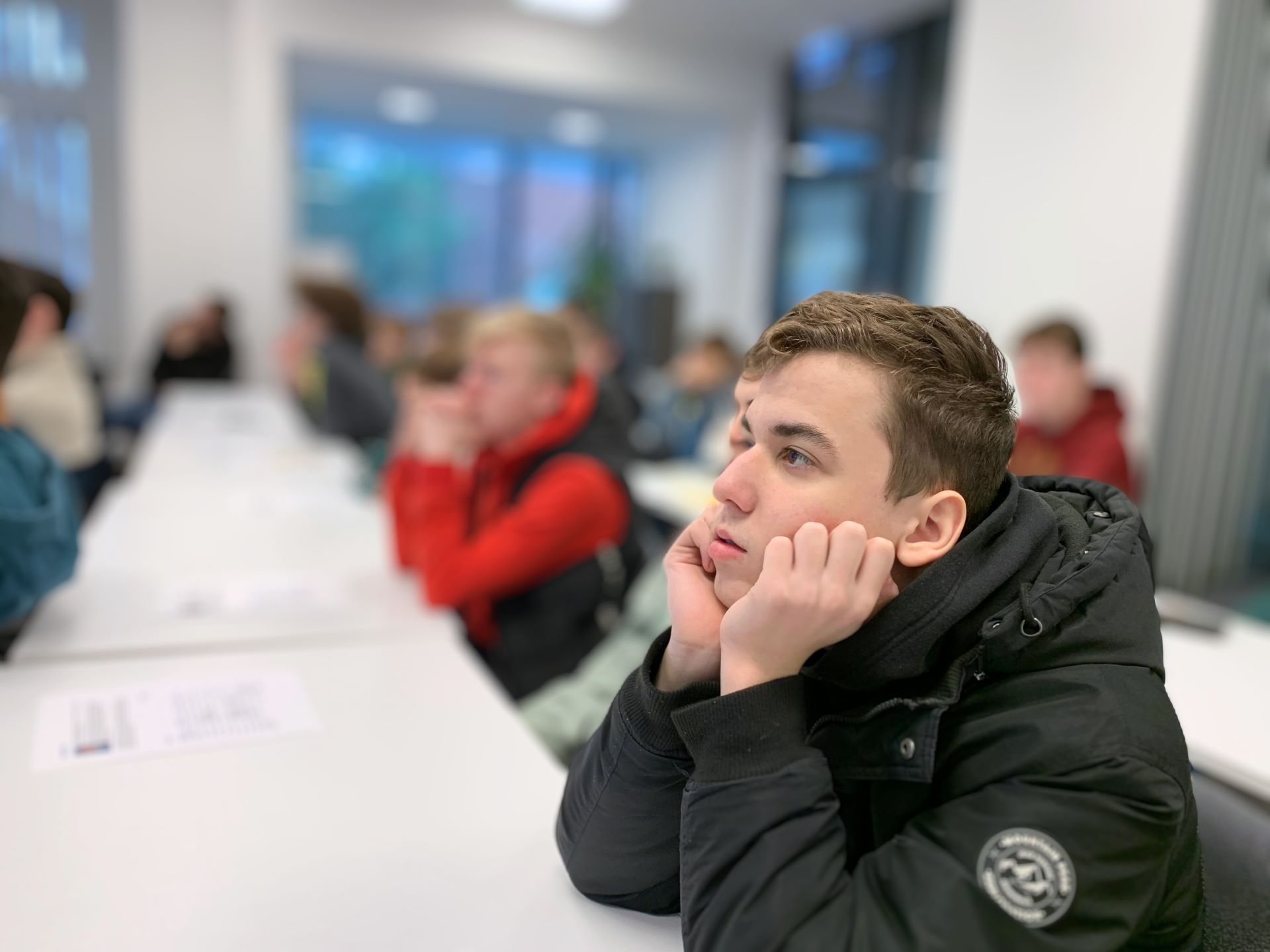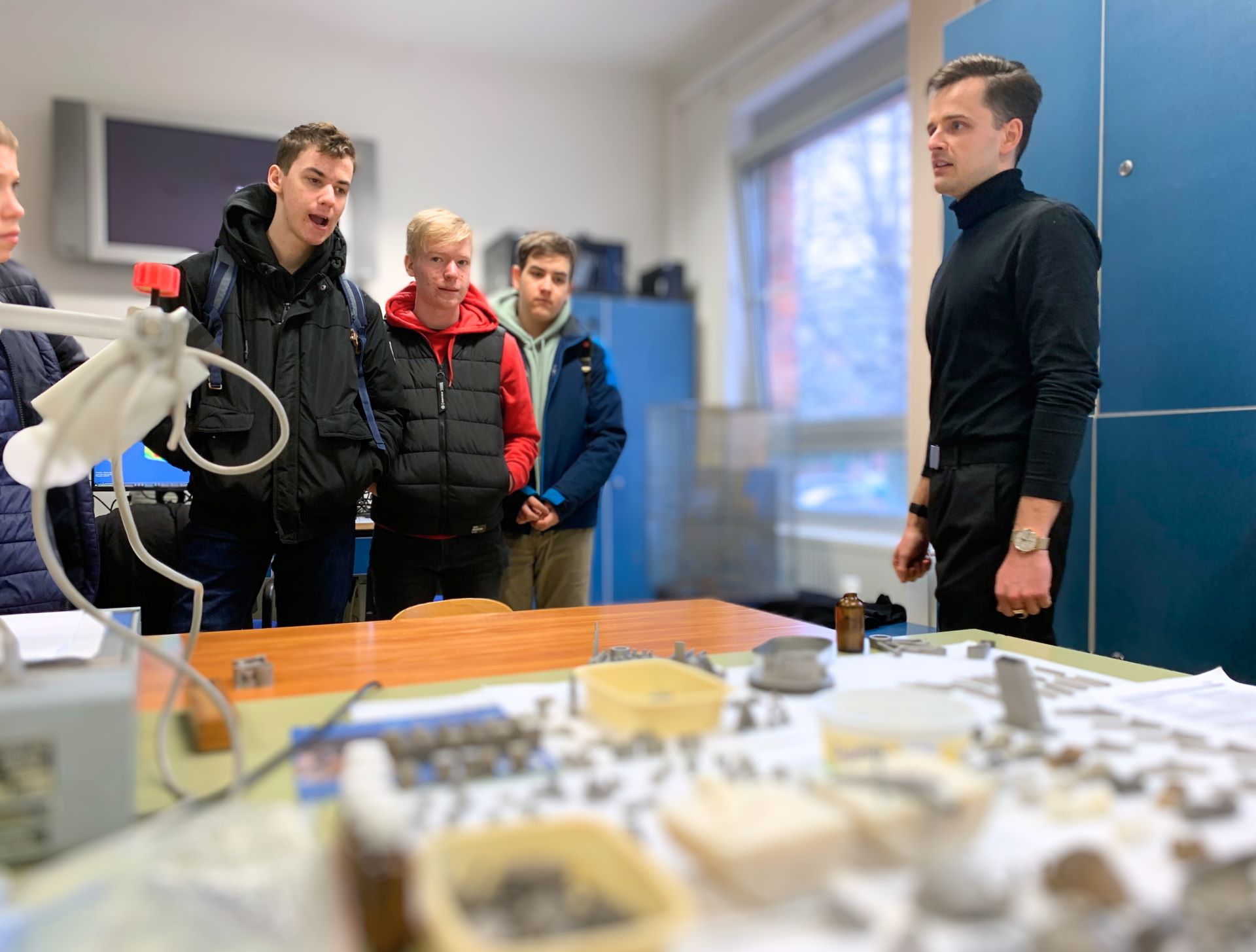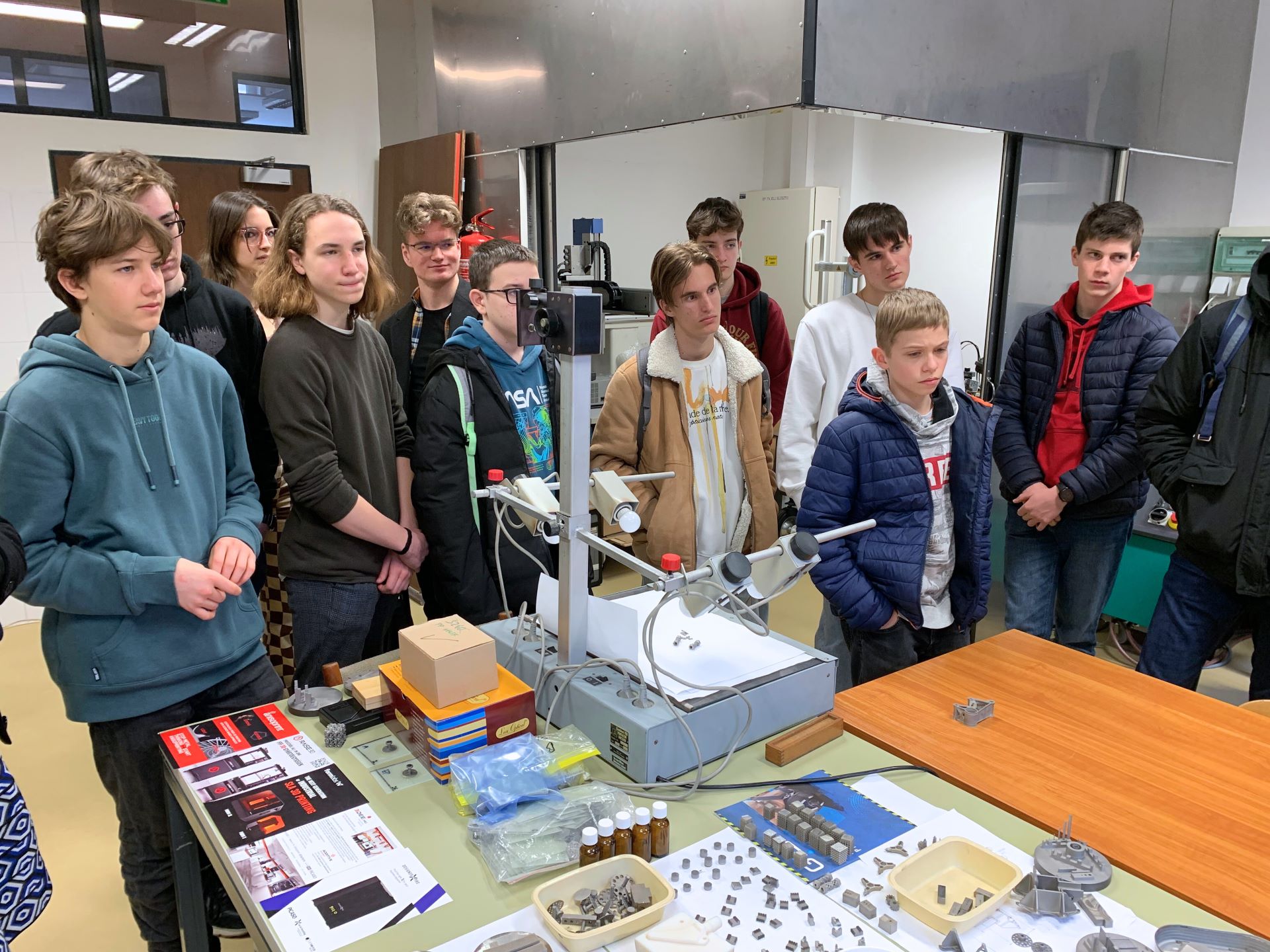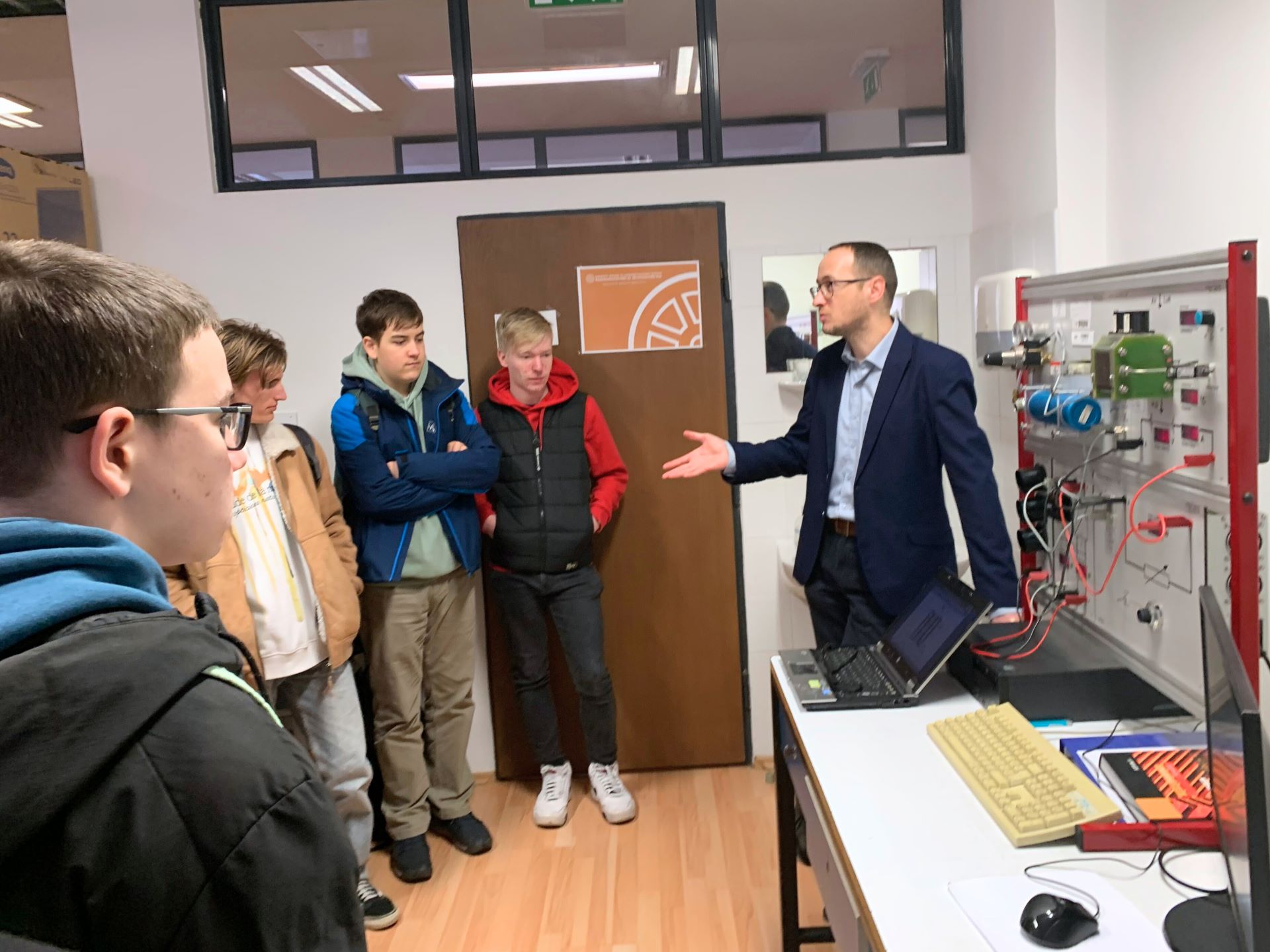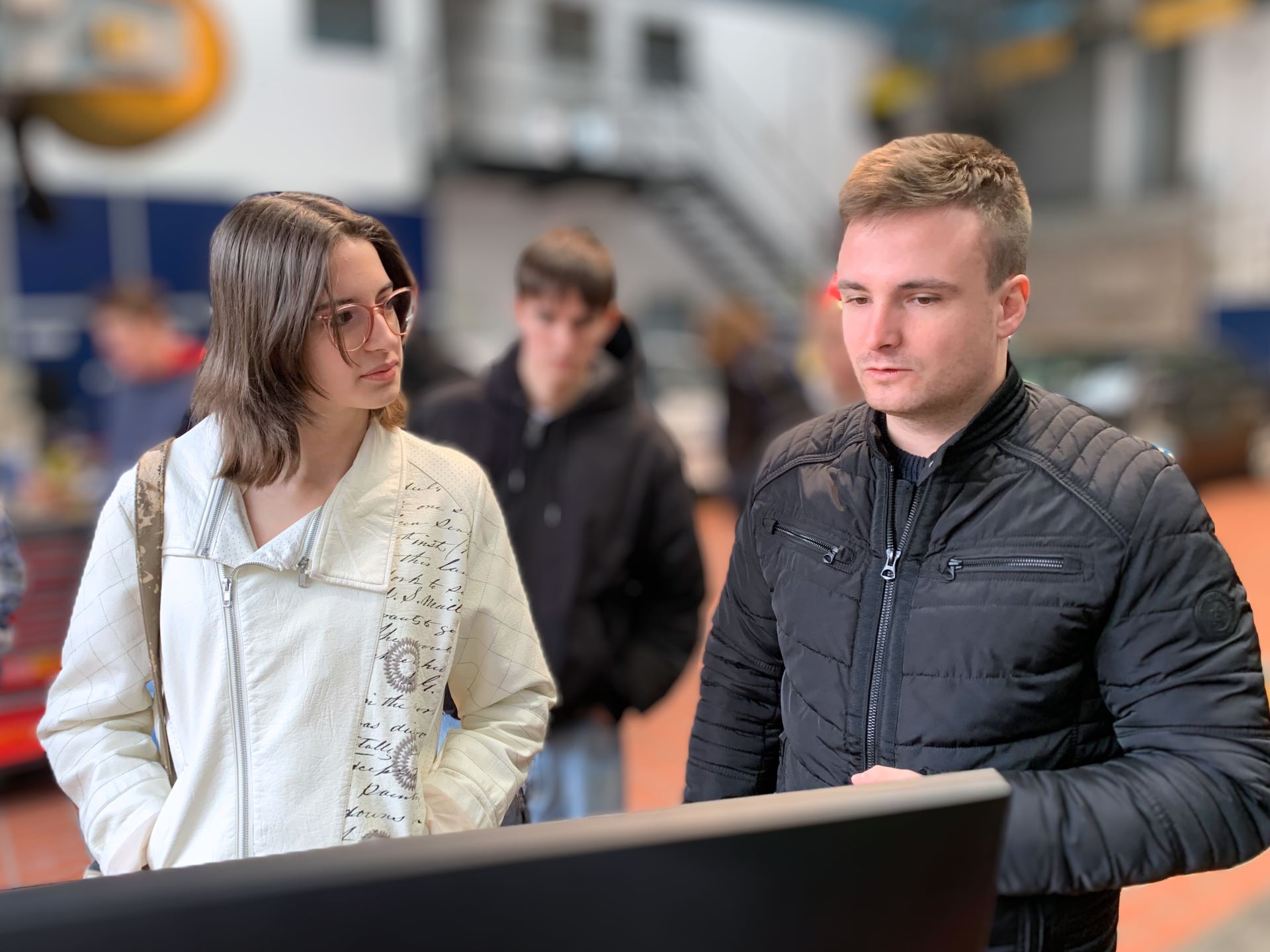A prestigious delegation from Japan visited the Department of Automotive Technologies, accompanied by the member of the board and senior executives of Magyar Suzuki Zrt.
BME and Shizuoka University in Japan have been running an exchange programme for 25 years, supported by the Suzuki Foundation’s visitor research fellowship programme to promote joint research. The fellowships are open to academics, researchers, PhD students, MSc graduate students for 6-12 months and are based at the Faculty of Engineering, Shizuoka University.
Prof. Dr. Emilia Csiszár, Vice-Rector for International Affairs of BME, Dr. Anikó Csákány, Head of the Directorate for Science and Innovation, and Dr. Bíbor Klekner, Senior Coordinator of the Directorate for International Relations, welcomed the professor of Shizuoka University, member of the Board of Directors of the Suzuki Foundation, and the member of the board of Magyar Suzuki Zrt. and his colleagues at the University of Technology. During the visit, the parties mainly discussed the possible expansion of cooperation, with a special focus on the Suzuki Foundation scholarship program.
Another important goal of the delegation was to get acquainted with the current research at BME, mainly related to the automotive industry, so in the second half of their visit the guests were also welcomed by the Department of Automotive Technologies with a presentation. The presentation was followed by laboratory visits to the department. Both the demonstration on self-driving vehicles by the BME Automated Drive laboratory and the presentation on additive manufacturing and generative design by the Laser and Vehicle Manufacturing Technologies research group, as well as related research, attracted a lot of interest from the visiting senior executives. The meeting was enhanced by the fact that András Rövid PhD, head of the cooperative perception research group, who gave the demonstration, was himself a former Suzuki Foundation fellow and greeted the guests in Japanese.
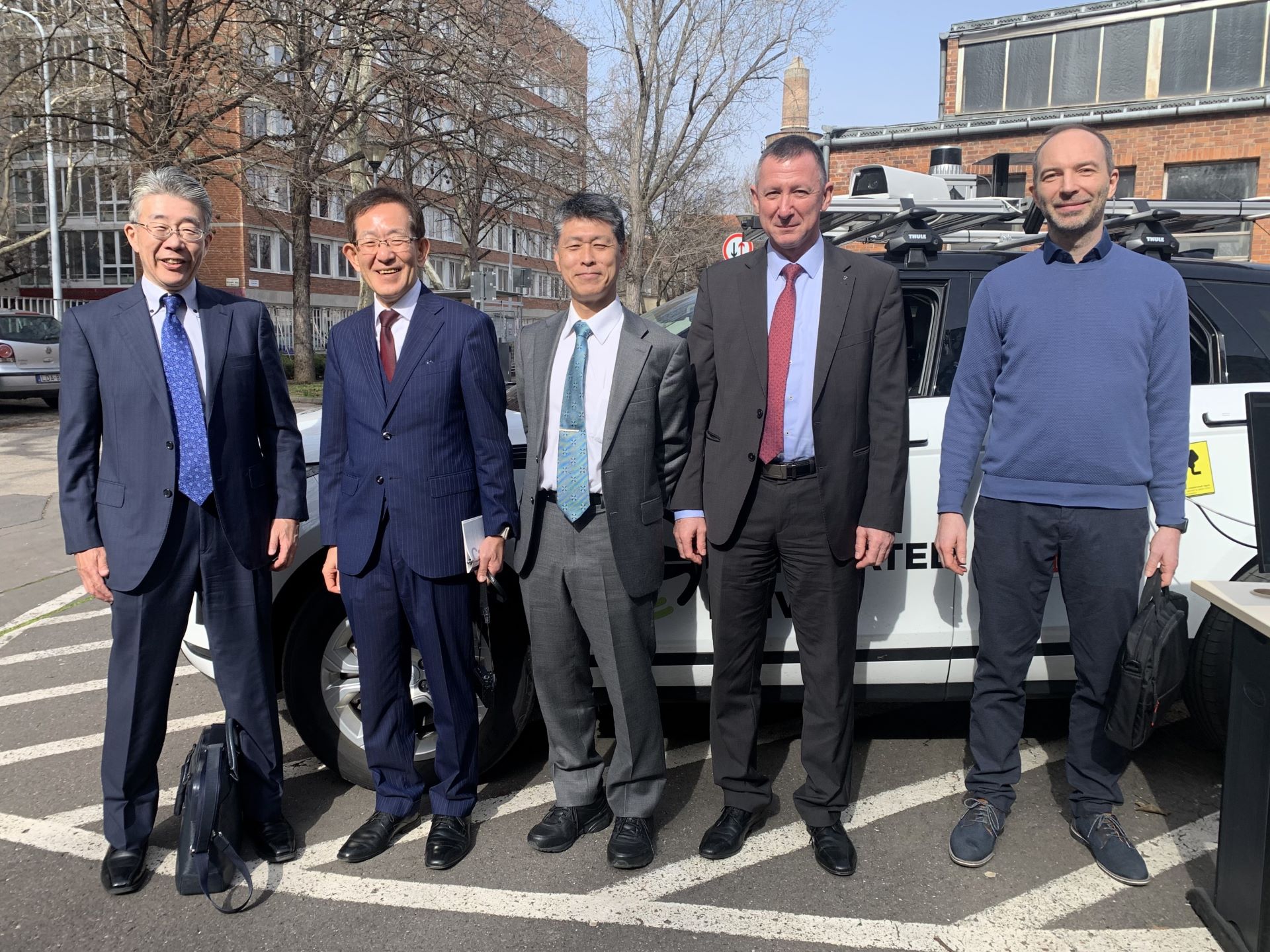
Shinya Yokokawa (Magyar Suzuki Zrt.), Masahiko Ando (Suzuki Foundation), Mitsuhiro Fukuta (Shizuoka University), József Kocsis (Magyar Suzuki Zrt.), András Rövid (BME GJT)
Following the visit to the Department of Automotive Technologies, Professor Mitsuhiro Fukuta, PhD, Dean of the Faculty of Engineering at Shizuoka University, pointed out: “I’m really impressed by your research work. I strongly believe that this kind of specialized education is very beneficial for the industry. I see many opportunities for us to work together on various research projects, and I’d like to continue building a good relationship and cooperation with your university. Our university is located in Hamamatsu, a big industrial city in Japan where companies like Suzuki, Yamaha, Yamaha-motor, Honda, Kawai, Roland, Hamamatsu Photonics, etc. are based, so our ties with the industry are crucial. I think engineering should be practical, which is why I appreciate the research I’ve seen here at BME Automotive Technologies. It’s very useful for both education and students to connect with the real-world industry and production systems.”
Zsolt Szalay, Phd, Head of the Department, added: “I am very happy that this meeting has taken place. Based on our common vision, I am confident that we can establish direct cooperation between Shizuoka University and our department in the field of automotive technology research. As we move towards becoming a 3rd generation university, it is crucial that the new technologies generated through university-industry collaboration are commercialized in industry and the market.”
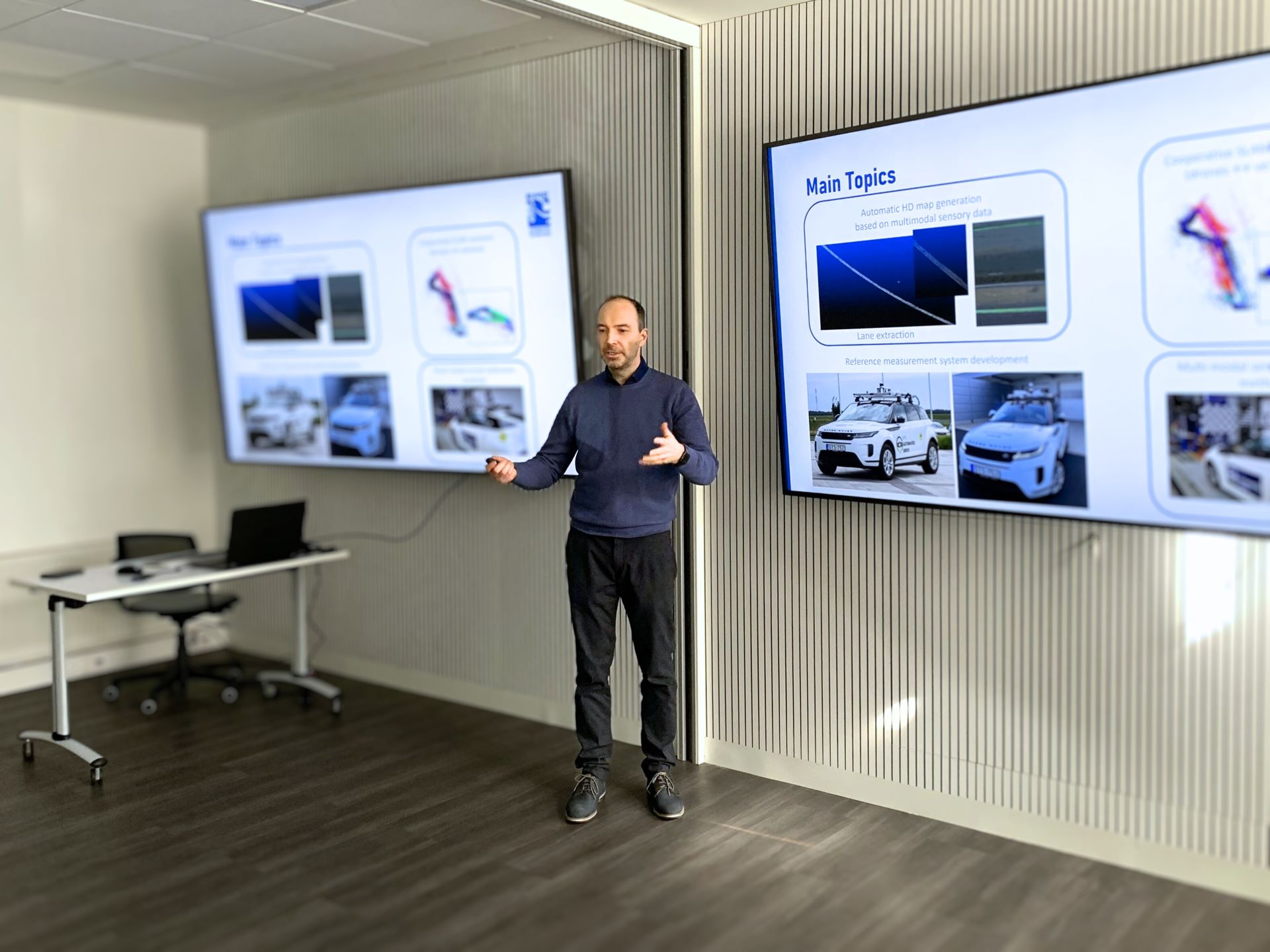
Rövid András
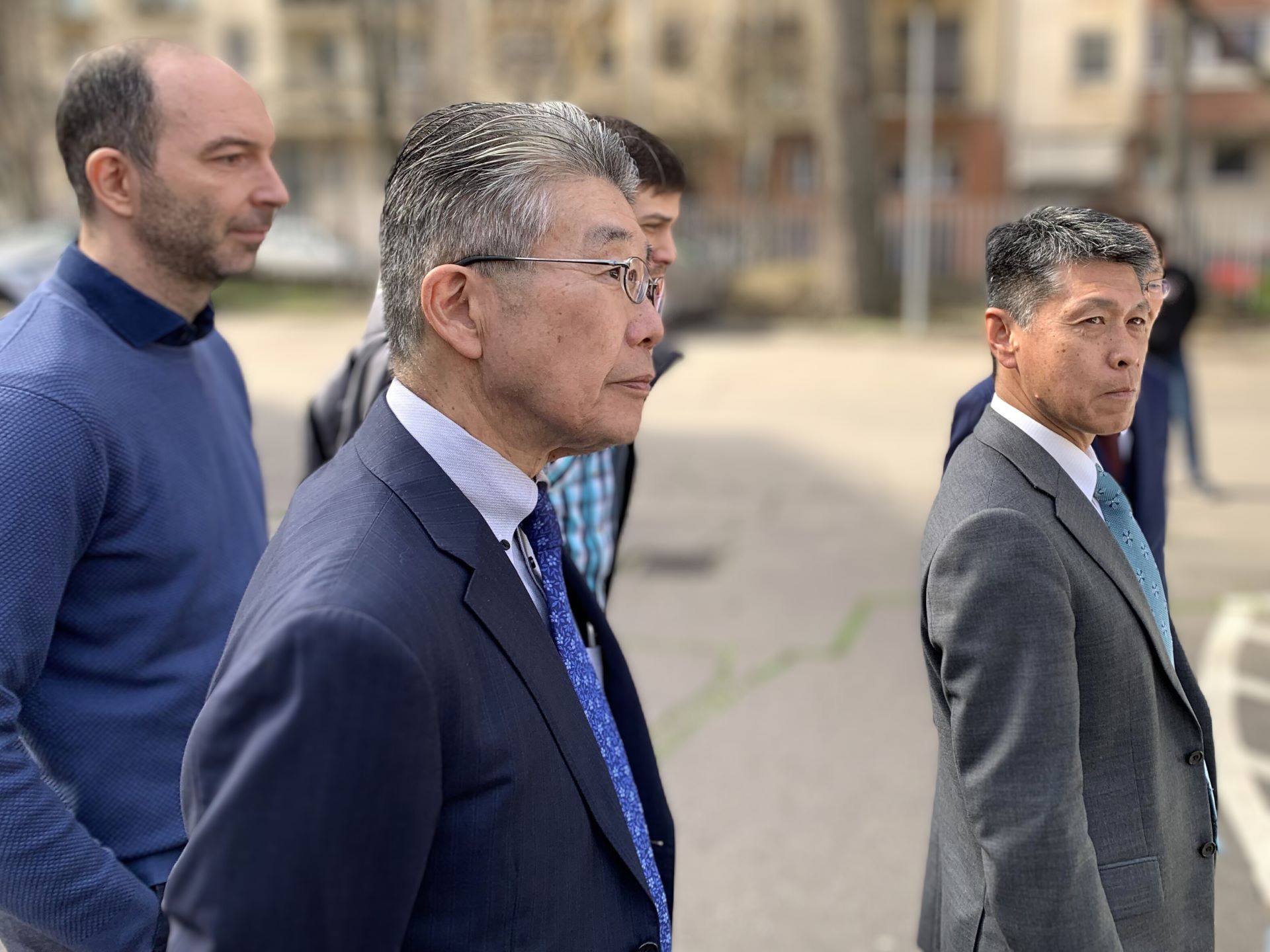
Shinya Yokokawa, Mitsuhoro Fukuta
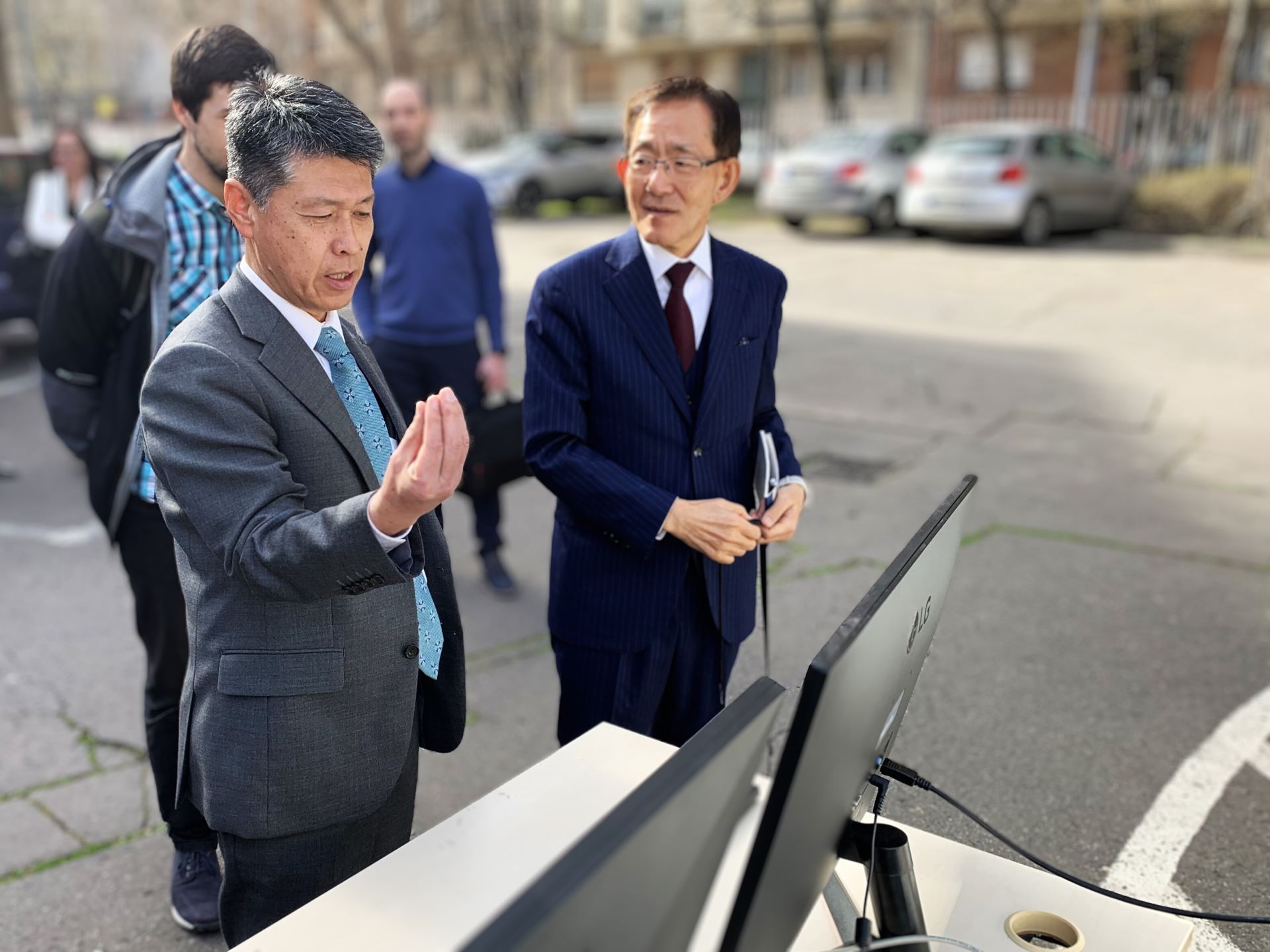
Mitsuhiro_Fukuta, Masahiko Ando
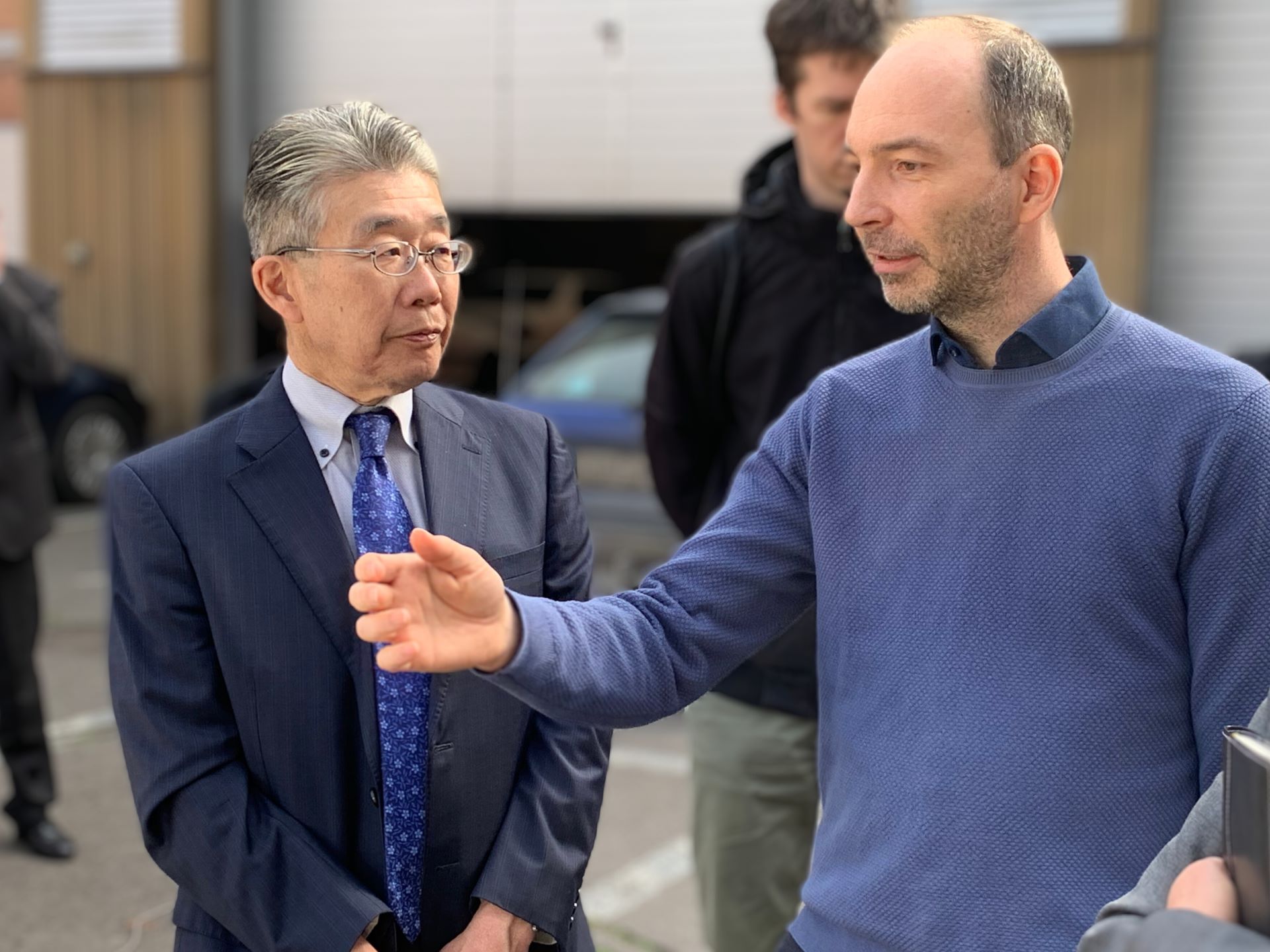
Shinya Yokokawa, András Rövid
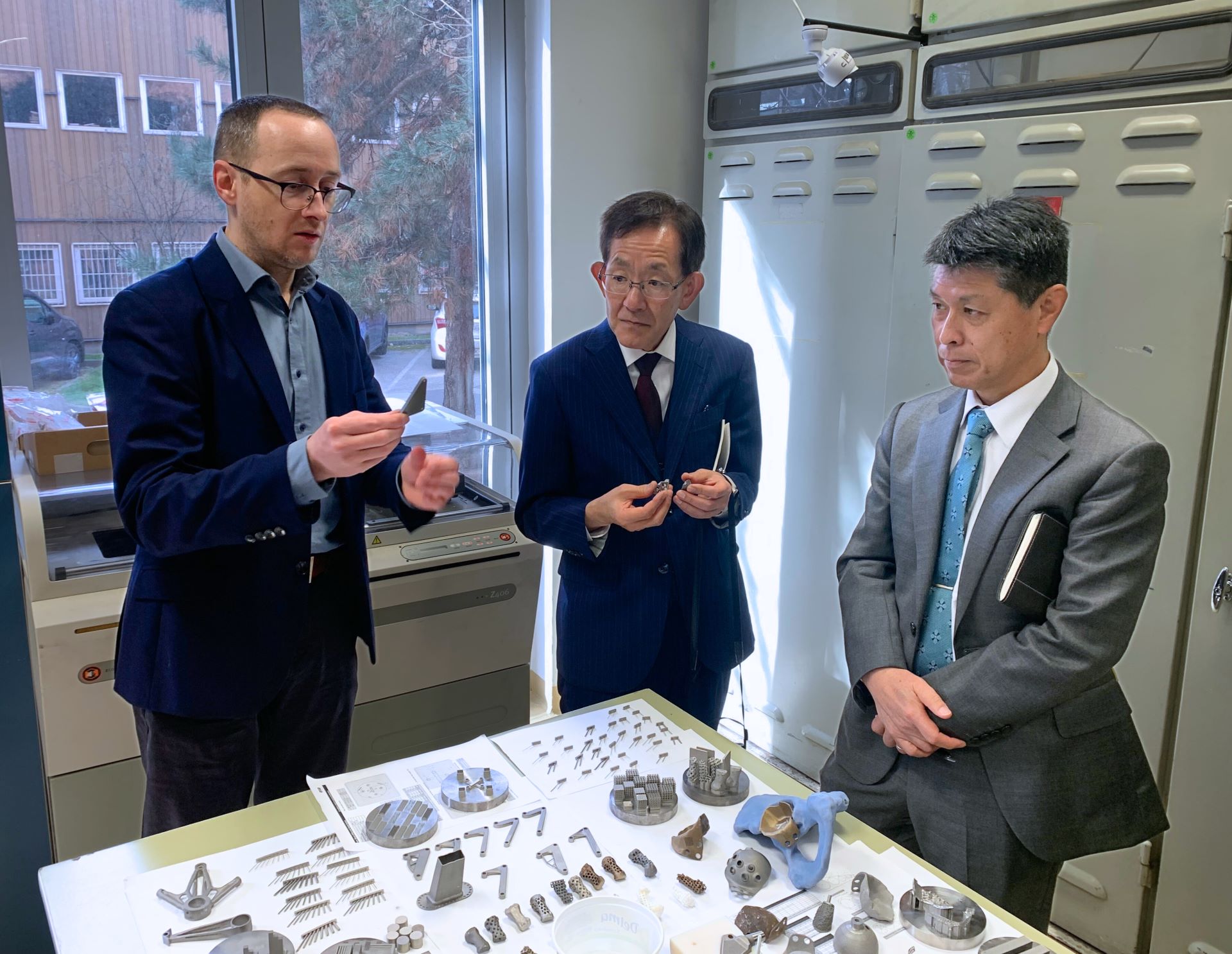
Krisztián Bán (BME GJT), Masahiko Ando (Suzuki Foundation), Mitsuhiro Fakuta (Shizuoka University)
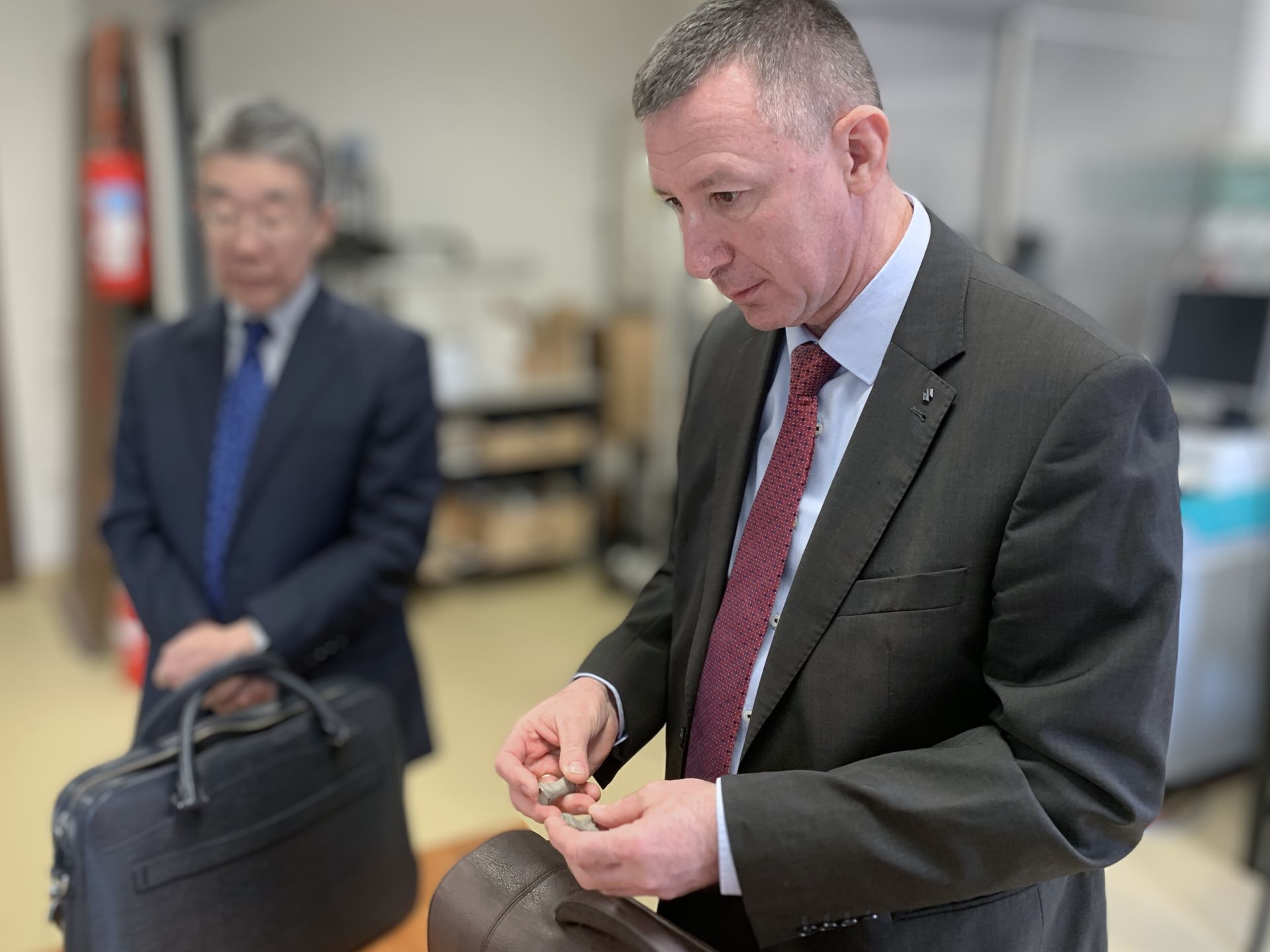
József Kocsis (Magyar Suzuki Zrt.)
The research related to the developments presented in the Automated Drive Lab was funded by the European Union under the National Laboratory for Autonomous Systems (RRF-2.3.1-21-2022-00002).
